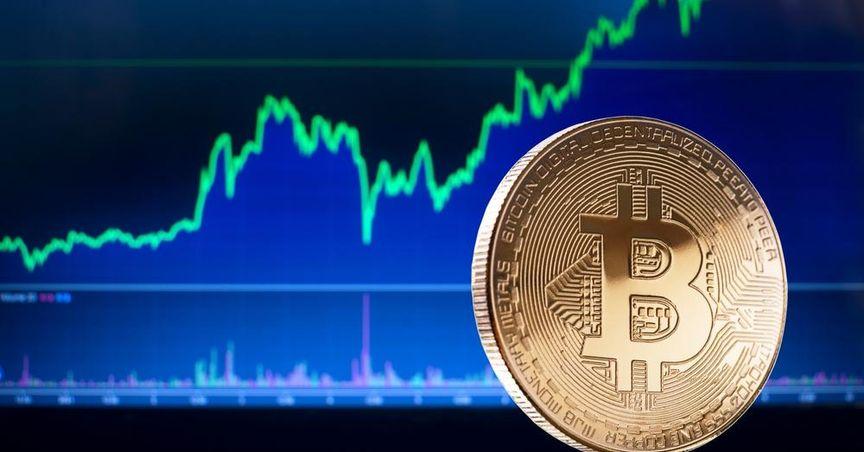Highlights:
- Pump.fun, a decentralized platform for minting Solana-based tokens, has faced severe backlash due to the misuse of its livestream feature, involving violent and disturbing acts.
- Despite its lifetime revenue of $250 million and popularity for effortless token creation, the platform’s ethical concerns and lack of moderation have led to public outrage and a significant revenue decline.
- The controversy raises critical questions about the risks of unmoderated decentralization, with potential regulatory scrutiny looming over the crypto platform.
Introduction to Pump.fun’s Rise in the Crypto Space
Pump.fun, a decentralized platform built on the Solana blockchain, gained rapid popularity by allowing users to mint tokens without incurring fees. The platform’s simplicity and various features, such as community engagement tools, attracted creators looking to launch projects effortlessly. However, a recent livestream feature has shifted the spotlight from innovation to controversy, revealing the darker side of unmoderated content in decentralized ecosystems.
The Dark Turn of Livestream Content
Originally intended to enhance user interaction, Pump.fun’s livestream feature enabled creators to share their token journeys in real-time. While the feature promised to foster meaningful discussions and promote projects, it became a stage for shock value and unethical behavior. Disturbing incidents have highlighted the platform’s vulnerability to misuse, with streams featuring threats, violence, and exploitation.
Alarming Incidents
One shocking case involved a user threatening self-harm if their token did not achieve a specific market capitalization, culminating in the release of a distressing recording. Another incident saw a 12-year-old brandishing a shotgun and threatening harm to family members. Additional livestreams have included acts of violence, animal abuse, and explicit material, pushing the boundaries of acceptable content and leaving viewers traumatized.
Ethical and Regulatory Concerns
The backlash against Pump.fun has been swift and intense. Critics argue that the platform’s lack of robust moderation tools has created an unsafe environment, amplifying the ethical challenges of operating a decentralized platform. The platform’s founder, known only as "Alon," issued a statement emphasizing free speech and comparing Pump.fun’s policies to those of established platforms like Reddit. However, these assurances have done little to address the root issues of harmful content and inadequate safeguards.
Public and Community Reactions
Community members have expressed outrage, accusing Pump.fun of complicity in harm by enabling such content. Some have warned of impending regulatory scrutiny, citing parallels to legal actions against other platform founders. The crypto space, already under heightened scrutiny, faces additional reputational risks due to incidents on platforms like Pump.fun.
Financial Impact and User Activity
Despite ethical concerns, Pump.fun’s financial performance has been notable. As of November 25, the platform reported lifetime revenues of $250 million, with a peak single-day revenue of $14.4 million on November 23. However, the backlash led to a 74% drop in daily revenue by the following day.
Curiously, token creation activity remains robust. Over 50,000 tokens were minted in a single day, bringing the platform’s lifetime total to nearly 4 million tokens. This juxtaposition of financial success and ethical controversy underscores the complex dynamics of decentralized platforms.
The Path Forward for Decentralization
Pump.fun’s challenges highlight broader questions about the limits of decentralization and the need for ethical governance. While decentralization offers freedom and innovation, it also creates opportunities for misuse, as evidenced by the misuse of Pump.fun’s livestream feature. The platform must now decide whether to implement stricter controls or risk further reputational and regulatory fallout.
Potential Regulatory Scrutiny
The looming return of a pro-crypto U.S. administration could accelerate the adoption of blockchain technologies but may also increase regulatory oversight of platforms like Pump.fun. The decentralized nature of such platforms poses unique challenges for regulators aiming to balance innovation with user safety.
Bottomline
Pump.fun’s ethical controversies represent a critical juncture for decentralized platforms. While the platform continues to draw creators with its ease of token creation, its reputation is increasingly tied to the risks of unmoderated content. The outcome of this controversy will likely influence not only Pump.fun’s future but also broader perceptions of decentralization’s role in the crypto ecosystem.



